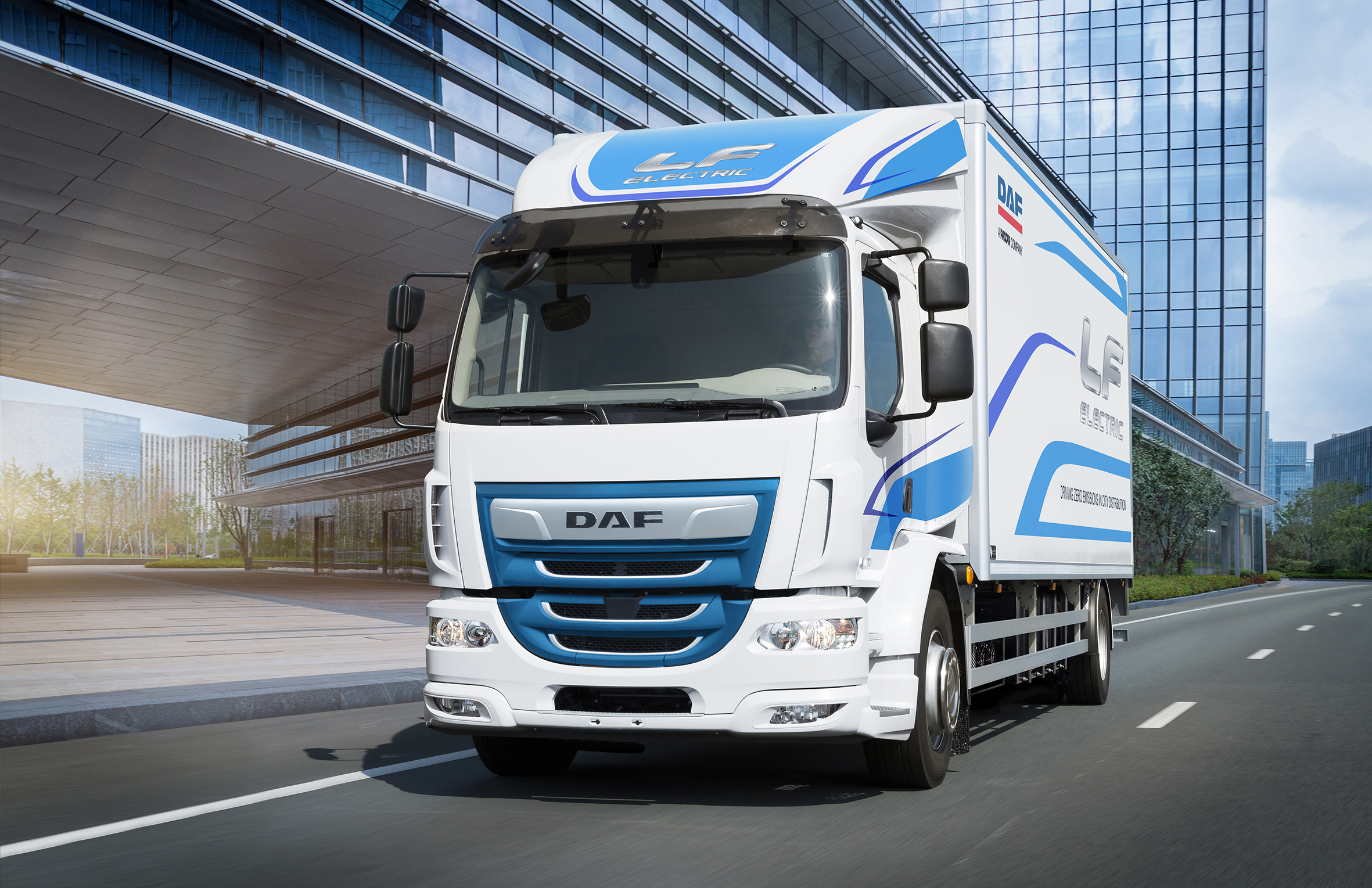Operating and Charging
4. Costs
Costs can be significant, particularly for large-scale installations where upgrades to the depot electricity supply may be required (such as an uprated substation). Strategies to mitigate costs are discussed as part of the infrastructure assessment page.
Key Points
The costs of providing chargepoints includes the charging hardware, and supporting elements such as design work, groundworks, and electricity network connection.
Hardware costs are around £4,000 for fast (22kW) chargepoints and £20,000 for rapid (50kW) chargepoints.
Additional installation costs vary significantly depending on factors including distance from the electricity supply point to the required chargepoint location.
Distribution network operators (DNO) may charge significant additional costs for providing sufficient power from the local substation, so engaging with the DNO early is crucial.

Detailed Guidance
Hardware and Installation Costs
Installing chargepoints involves much more than simply procuring the chargepoints themselves. Other capital cost elements to include are surveys and design work, groundworks, installation and commissioning, and electricity network connection. Operating cost elements include back-office management, and servicing and maintenance.
Costs can be significant, particularly for large-scale installations where upgrades to the depot electricity supply may be required (such as an uprated substation). Strategies to mitigate costs are discussed as part of the infrastructure assessment page.
Typical costs for chargers and installation are shown below:
Installation Component | Typical Costs |
|---|---|
Hardware equipment | |
22kW AC chargepoint | £3,000 - £5,000 |
50kW DC chargepoint | £15,000 - £25,000 |
Installation | |
Excavations: Turf | up to £120 per metre |
Excavations: Pavement | up to £200 per metre |
Excavations: Road | up to £250 per metre |
Earthing | £300 - 500 per pit |
Electrical Cabling | £40 - 50 per metre |
MCB, RCBO, RCD protection per charger | £250 |
Signage | £75 – 100 per sign |
Road Markings | £75 - 150 per bay |
Protective Barriers | £200 – 300 per bay |
Typical Connection Costs
Distribution network operators (DNO) are responsible for ensuring that the local electricity network has the capacity and reliability to meet demand. Increases in demand, for example for chargepoints, can require the DNO to carry out network upgrades, with costs passed onto the customer.
Costs vary significantly depending on the characteristics of the network, the additional demand required and whether the site is owned or leased. Many customers are unable to pay these costs so seek alternative measures such as smart charging and load management to work within existing constraints until the connection is upgraded by another customer.
Upgrades can take six months or more, and can be very costly, so early engagement with the DNO to agree timescales and secure funding is essential.
The table below shows indicative costs and timescales for grid connections for different installed capacities.
Small (up to 70 kVA) | Medium (200 kVA to 1,000 kVA) | Large (above 1,000 kVA) |
|---|---|---|
Number of chargepoints | ||
Up to 3 fast, or 1 rapid | 10-50 fast, 4-20 rapid, or 16-6 ultra-rapid | 50+ fast, 20+ rapid, or 6+ ultra-rapid |
Approximate connection time | ||
8-12 weeks | 8-12 weeks | 6 months + |
Approximate connection cost | ||
£1,000 - £3,000 | £4,500 - £75,000 | £60,000 - £2m |
Other considerations influencing cost | ||
Street work costs | Street work costs Legal costs for easement and wayleaves | Street work costs Legal costs for easement and wayleaves Planning permission Space for a substation |
Other Considerations
Other considerations include asset ownership and permissions needed for installing charging infrastructure, for example if the fleet is leasing a site from a third-party landowner. Finally, internal resource is required with the time and expertise to manage the installation and operation of chargepoints.